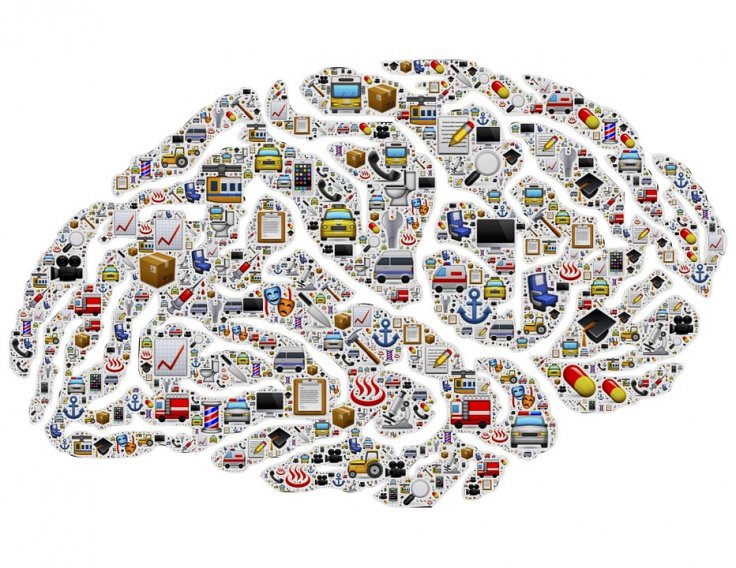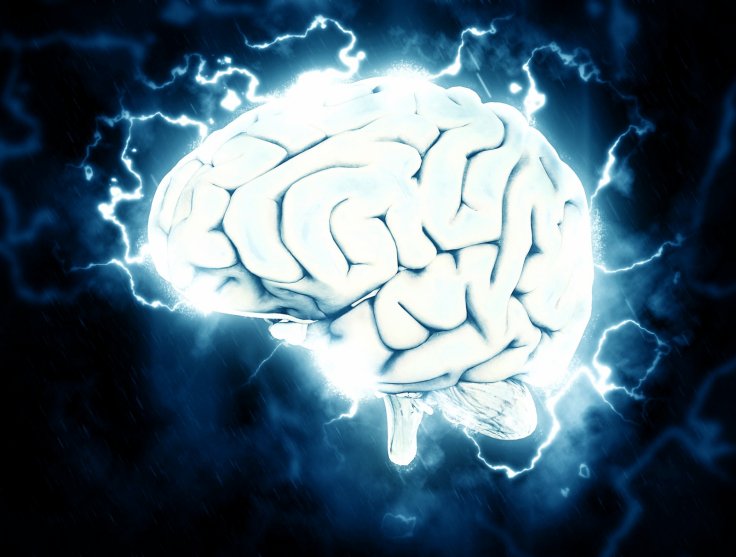
Your brain might be the crowning glory of your human life. But its neural activity, which has for long durations been held culpable for various issues right from dementia to epilepsy, is also guilty of two more things - human aging and shorter life spans, concluded scientists in the Blavatnik Institute at Harvard Medical School.
The study was published in Nature and is based on studies of human brains, mice and worms. It also indicates that too much brain activity leads to shorter life spans. By reducing overactivity, you can extend life spans. The study showed that nervous system impacts human age. Even though earlier research showed that some parts of the nervous system impact animal aging, the role of neural activity in aging, especially among humans, is not clear.
"An intriguing aspect of our findings is that something as transient as the activity state of neural circuits could have such far-ranging consequences for physiology and life span," said study senior author Bruce Yankner, professor of genetics at HMS and co-director of the Paul F. Glenn Center for the Biology of Aging.
Insulin and insulin-like growth factor (IGF) signaling pathway constitute a chain of molecular events impacting human age and longevity. Neural excitation acts along that chain.The important hub of this signaling cascade is a protein called REST, which was earlier shown by the Yankner Lab to protect aging brains from dementia as well as related issues and tensions.
When there is neural activity in the brain, there is a continuous blink of electrical currents and transmissions inside the head. This could lead to heavy activity or excitation, exhibited in many ways from twitching muscles to mood changes.However, the study has not made it clear whether or how individual thoughts, personality or behavior could impact his or her age or longevity.

"An exciting future area of research will be to determine how these findings relate to such higher-order human brain functions," said Yankner.It could also indicate how new therapies for neural overactivity, such as Alzheimer's disease and bipolar disorder, can be developed, according to scientists. Some medicines, such as drugs targeting REST, or behavioural changes through meditation, can impact neural activity as well as longevity.
"The possibility that being able to activate REST would reduce excitatory neural activity and slow aging in humans is extremely exciting," said study co-author Monica Colaiácovo, professor of genetics at HMS, whose lab collaborated on the C. elegans work.









